Senator Elizabeth Warren’s legal team has rejected Binance founder Changpeng “CZ” Zhao’s defamation threat, asserting that her tweet accurately reflected the Department of Justice’s (DOJ) language describing his guilty plea. The dispute reignited on October 23, 2025, after Warren’s post about Zhao’s presidential pardon sparked renewed debate over crypto regulation and political influence in digital assets.
In a formal response issued on November 2, 2025, Warren’s attorneys emphasized that any defamation claim would face serious legal challenges. The team cited the DOJ’s November 21, 2023, press release, which detailed Zhao’s plea agreement in a “$4 billion resolution” addressing “anti-money laundering” violations under the Bank Secrecy Act (BSA). Zhao pleaded guilty to willfully failing to maintain an effective anti-money laundering program, a federal criminal offense.
Warren’s tweet — stating that CZ “pleaded guilty to a criminal money laundering charge and was sentenced to prison” — mirrors the DOJ’s description. Her lawyers argue that the statement is both factually correct and constitutionally protected, especially given her position on the Senate Banking Committee. Legal experts, including attorney Max Schatzow, noted that Zhao’s claim hinges on a weak technical distinction, adding that his argument “was always the dumbest of technical arguments.”
The defense references landmark defamation precedents such as New York Times v. Sullivan and Masson v. New Yorker, stressing that public figures must prove “actual malice.” Since Warren’s statement relied on official records and government statements, her remarks do not meet this standard.
Following President Trump’s October 22, 2025, pardon of Zhao, Warren introduced Senate Resolution 466 condemning the pardon and reaffirming the criminal nature of Zhao’s conduct. Her legal team underscores that her comments serve the public interest, reinforcing her duty to uphold transparency and accountability in the financial sector.
This standoff underscores growing tensions between political leaders and the cryptocurrency industry, spotlighting the intersection of justice, regulation, and executive power in the digital economy.








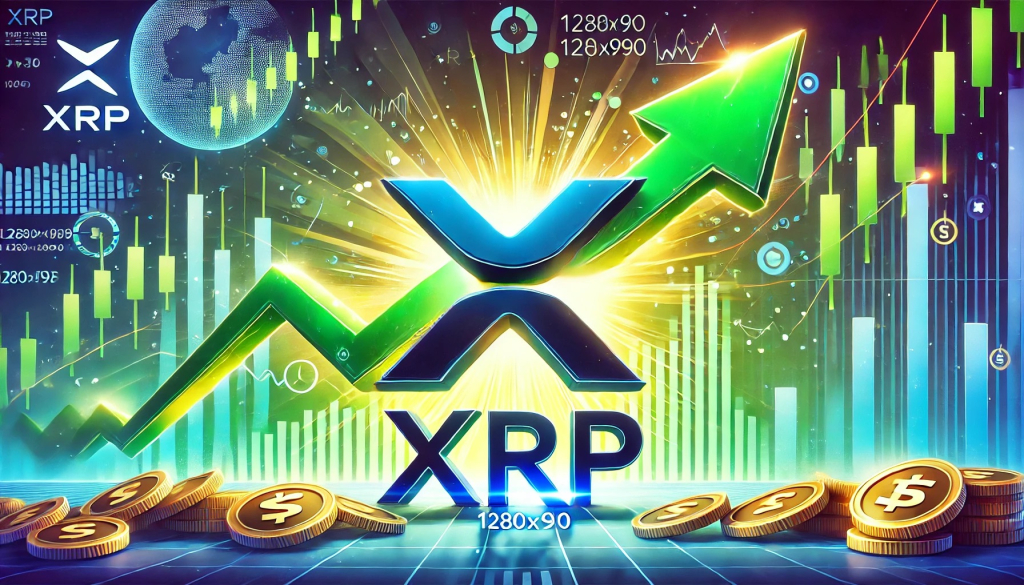
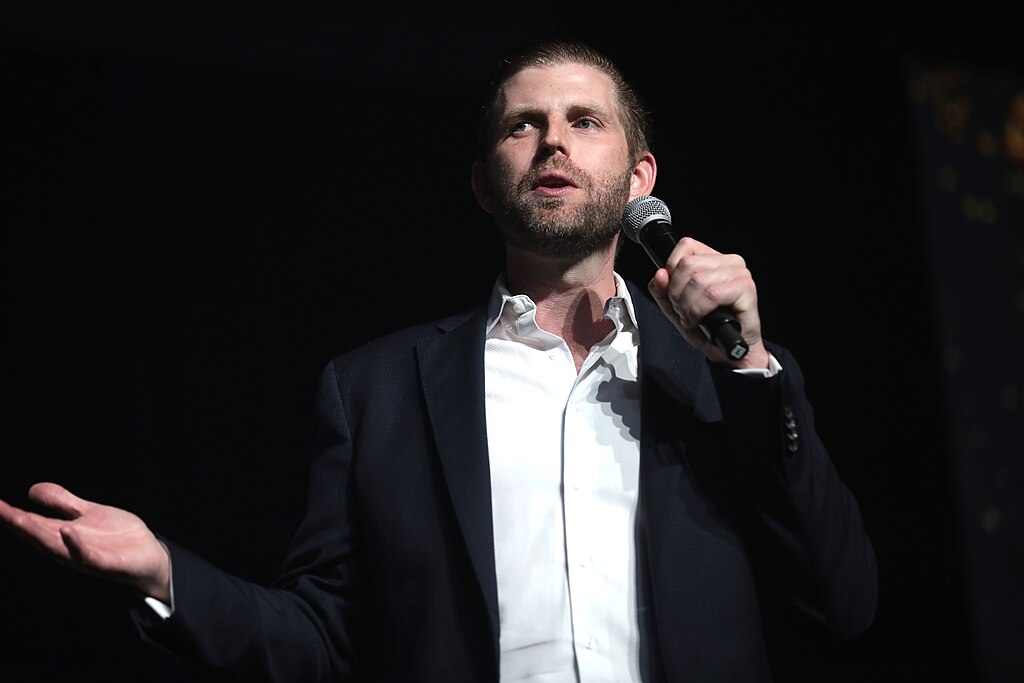





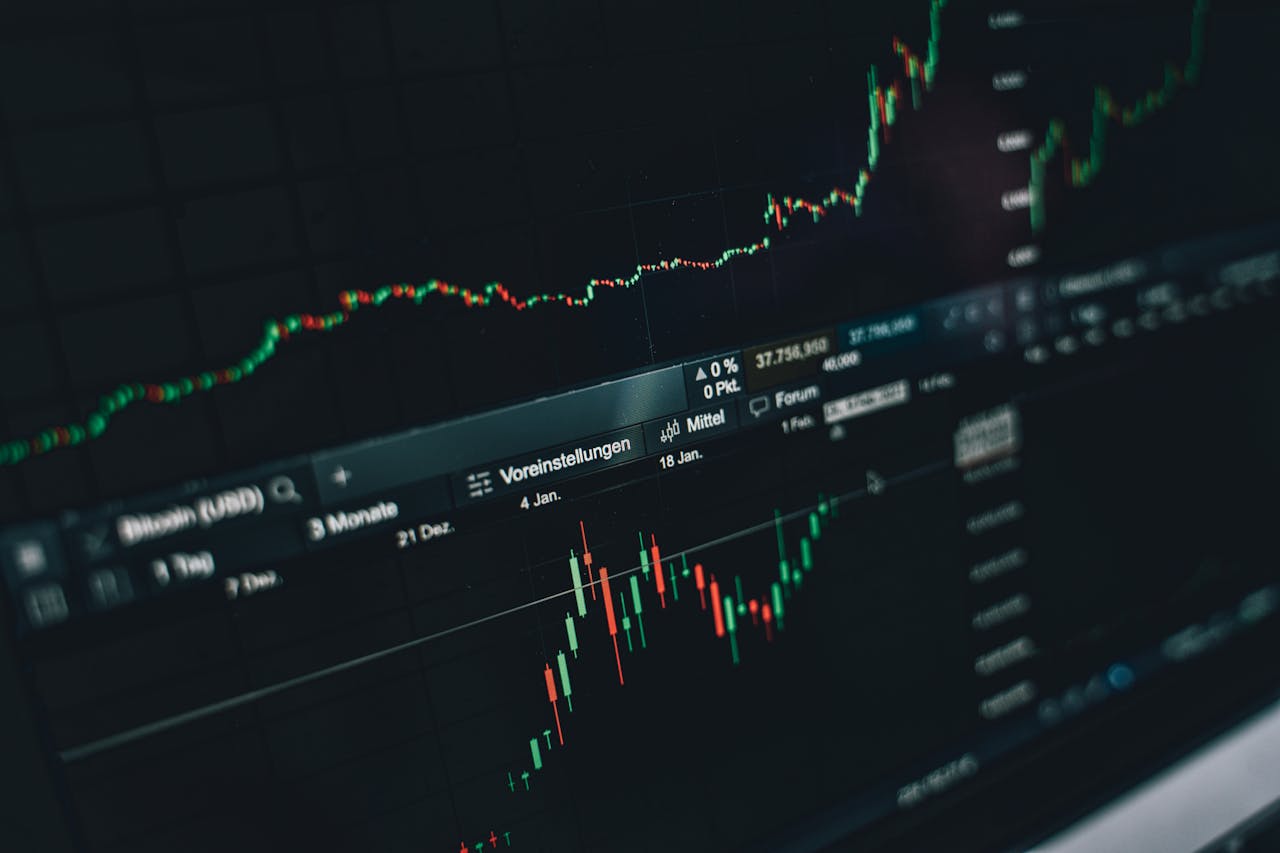



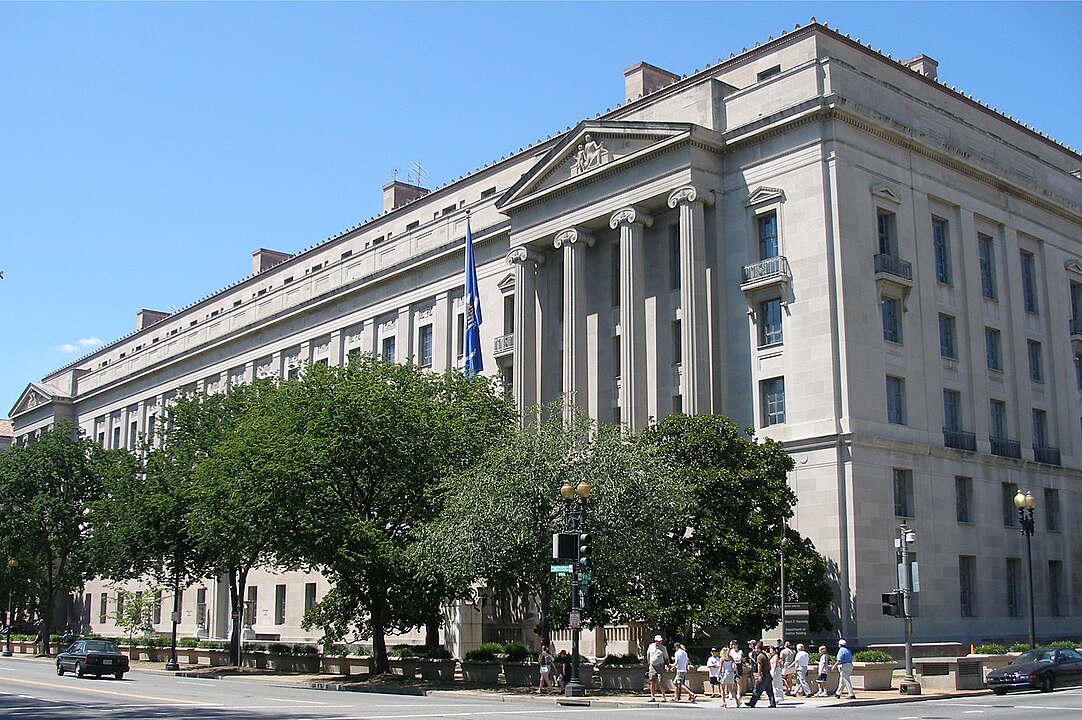

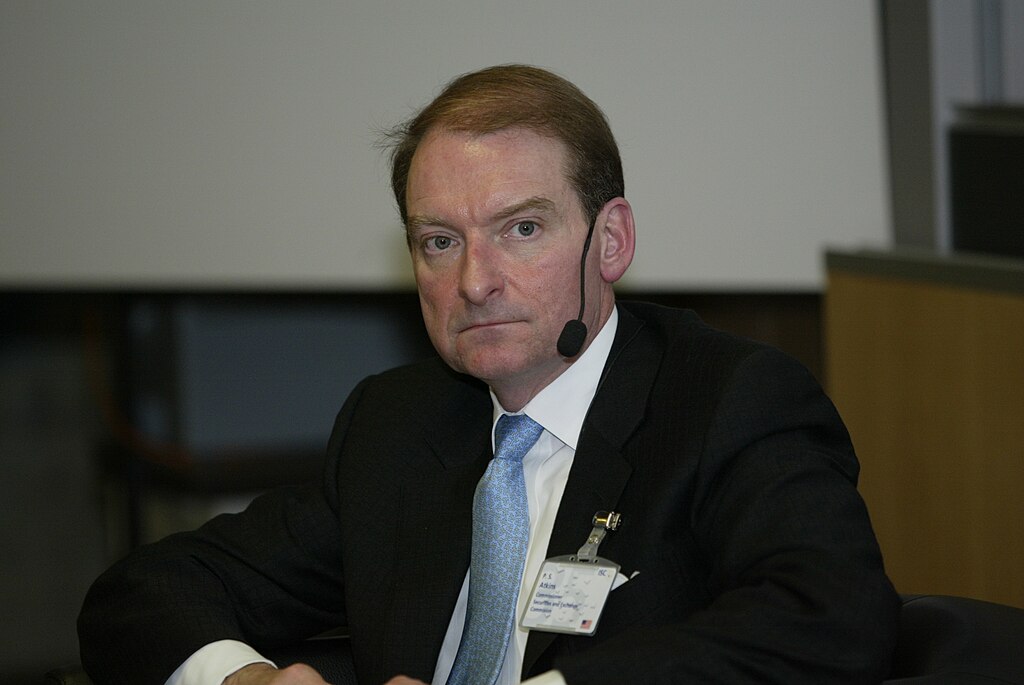
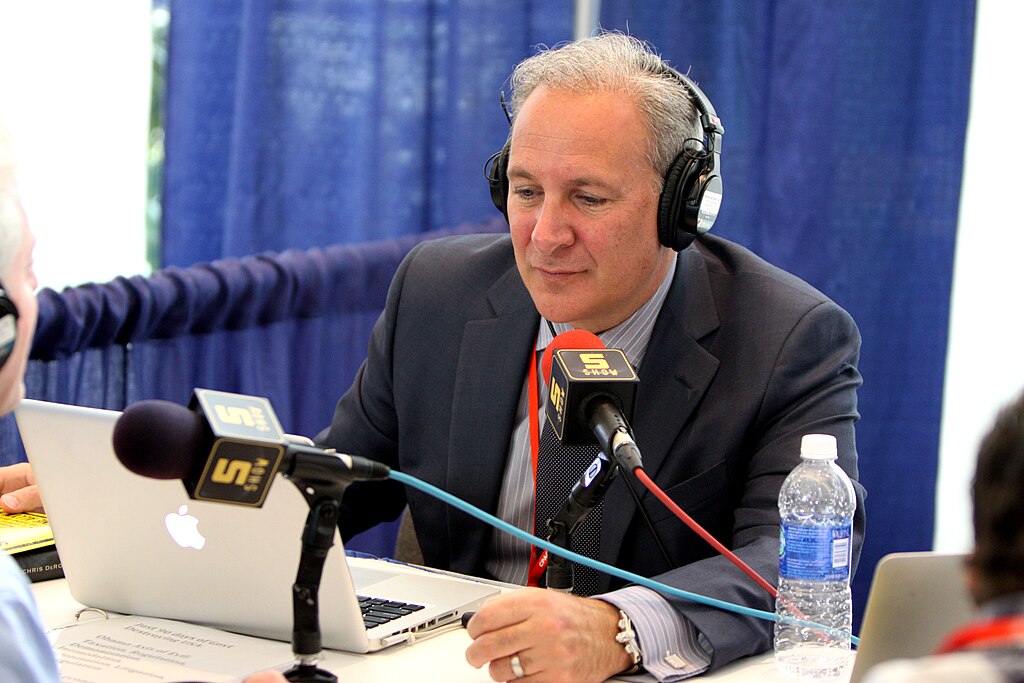

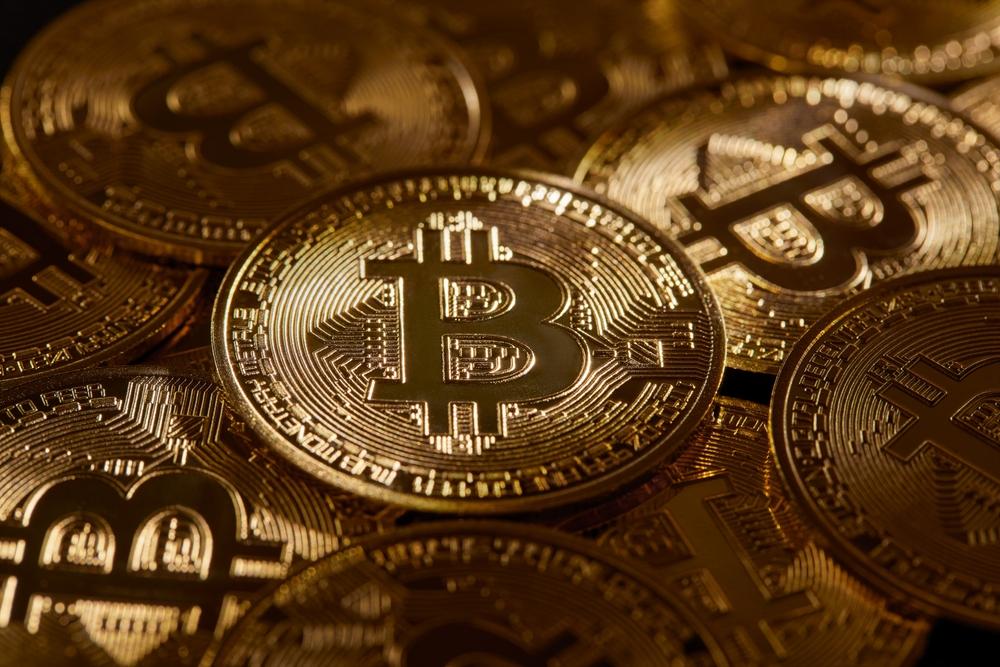


Comment 0